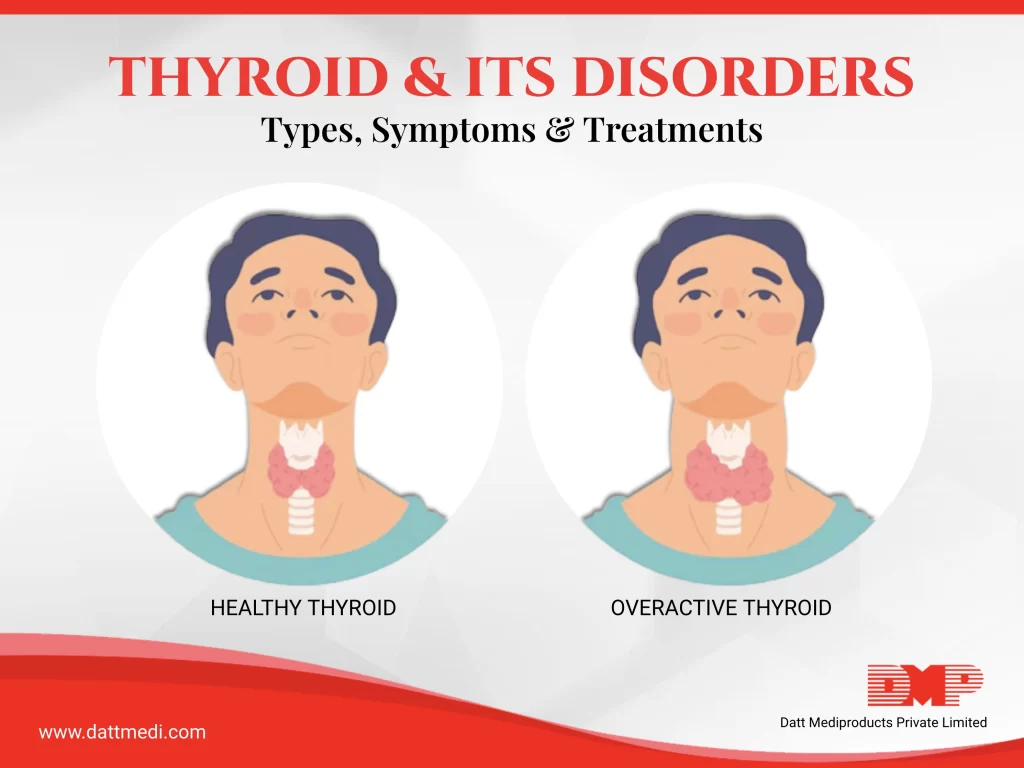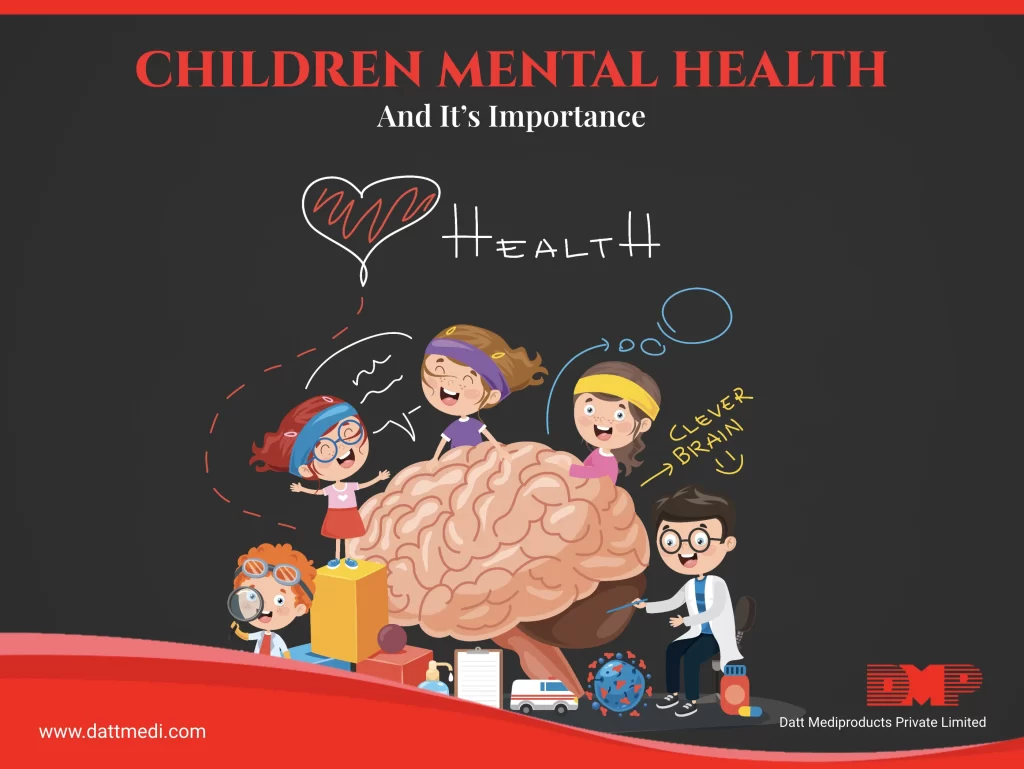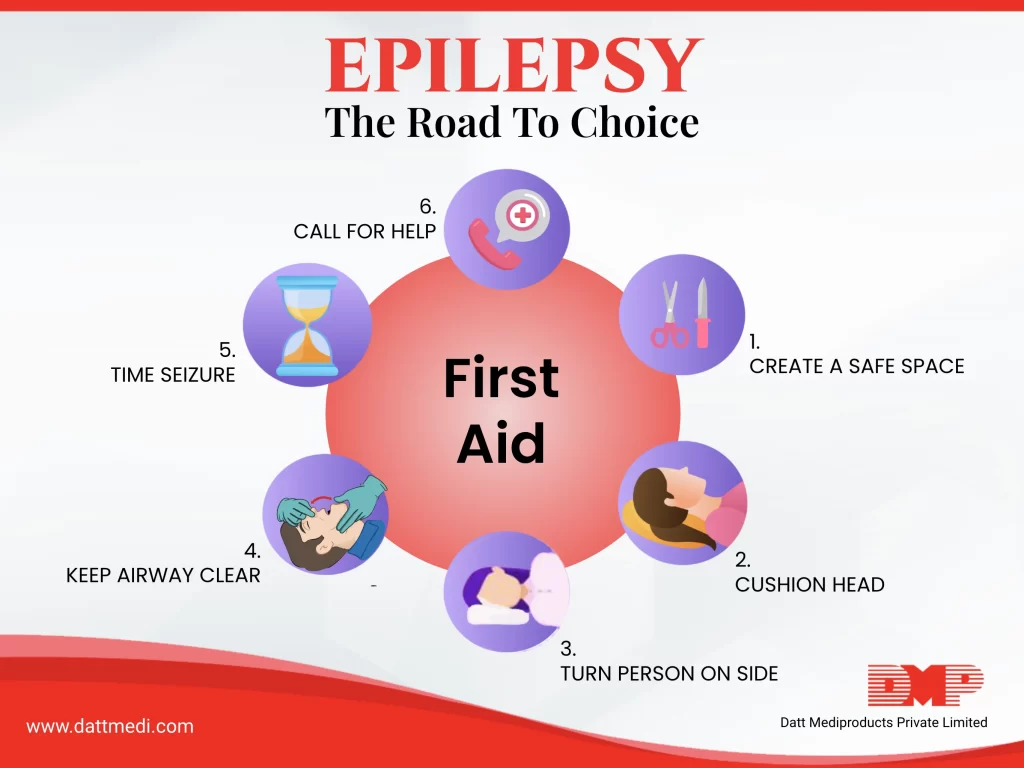
Do you know that undiagnosed and untreated thyroid disease may lead to Heart disease, Weight Gain or Weight Loss, Infertility, Osteoporosis or Diabetes as well? We bring you some interesting facts and information you need to know about thyroid & its diseases.
What is a Thyroid Gland?
The Thyroid is a small butterfly-shaped gland at the front of the neck just under your Adam’s apple. It’s a bilobular structure with each lobe about the size of a plum cut in half. These lobes lie on either side of the windpipe and are joined by a small bridge called the isthmus.
Thyroid Hormones & their Function
The Thyroid Gland secretes two hormones into the blood: thyroxine (T4) and triiodothyronine (T3). These hormones regulate many important metabolic processes in our body including how our body uses energy from the carbohydrates & fats that we eat and the way every other organ works.
T4 gets converted into T3 in our cells. T3 is a biologically active hormone which influences the metabolism of our body cells. The Thyroid gland is stimulated by the Pituitary gland and the Hypothalamus in the brain.
Thyroid Disorders
Thyroid Disorders are a group of conditions that affect the thyroid gland. These may occur because of over- or under-function of the thyroid gland.
Facts:
Women are more likely than men, teenagers, children, or even babies, to have thyroid diseases.
1 in 8 women will develop a thyroid disorder during their lifetime.
Different Types of Thyroid Disorders
- Hypothyroidism (underactive thyroid): If the thyroid gland produces too little or insufficient amount of the thyroid hormone, the metabolism slows down. For example, your intestine will become sluggishly and you may suffer from constipation.
- Hyperthyroidism (overactive thyroid): This condition is described by an excessive production of the thyroid hormone from the thyroid gland leading to an increased metabolism. Hyperthyroidism is less common than the Hypothyroidism.
- Thyroid Nodules: Nodules are the abnormal masses or lumps which develop within the thyroid gland. These may compress the nearby structures and can stop the thyroid from functioning properly.
- Thyroid Cancer: Thyroid cancer is a rare phenomenon but is more common in adult women than the youth or men. Survival rate is high if diagnosed at an early stage.
- Post-partum thyroiditis: Sometimes pregnancy may also trigger a thyroid disorder and it’s a temporary situation.
Symptoms
- Symptoms of hypothyroidism may include poor concentration (or mentally foggy), depression, fatigue, muscle pain, feeling cold, weight gain, constipation, prolonged or excessive menstrual bleeding, puffy face, elevated cholesterol levels etc.
- Symptoms of Hyperthyroidism may include anxiety, nervousness, irritability, heat intolerance, unintentional weight loss, fast heart-beat, increased bowel movement, swelling in the neck (enlarged neck or Goiter) etc.
Can Thyroid Disorders be treated?
Most of the thyroid disorders are life-long conditions and can be managed with medical attention. Surgery may be involved when there is a possibility of thyroid cancer or in case of a hyperfunctioning thyroid nodule. There are blood tests available which help you diagnose the thyroid disorders: TSH, T4 test, T3 test.
During this Thyroid Awareness month, we @ Datt Mediproducts are creating awareness about one of the most prevalent disorders. We recommend seeing a doctor immediately when screened with thyroid disease and get treated. Screening is important as an undiagnosed and untreated thyroid disease may put patients at a risk of certain serious conditions, such as cardiovascular diseases, osteoporosis, and infertility. Stay tuned for our next blog on how Thyroid and Diabetes are interlinked to each other?




